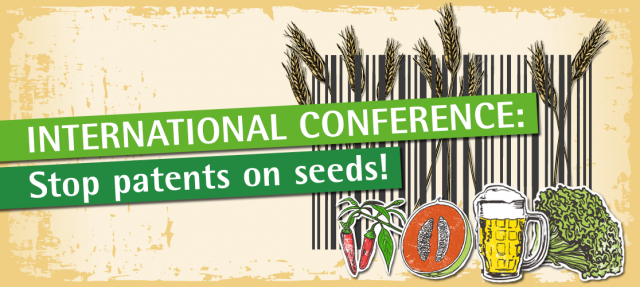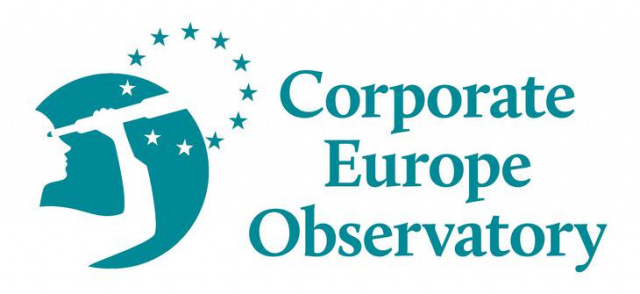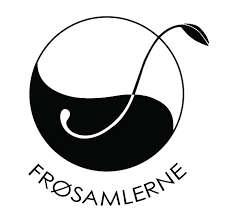10 February 2022 / A petition calling for a European conference on patents is finding increasing support. The goal is to stop patents on conventionally bred plants and animals. Recent examples of these include patents on barley, bush melons, lettuce and tomatoes. Many of these patents also cover food, including beer. The Free Brewers, which has members in Germany, Austria and Luxembourg, has now started a campaign to support the petition. The European farmers’ umbrella organisation, COPA / COGECA, previously declared its support for the petition.
 “From our perspective, these patents are an abuse of patent law that weaken the protection of plant varieties and seriously restrict the freedom to operate of breweries. We, therefore, fear drastic consequences for the whole of our economic sector,” explains Jürgen Keipp, head of The Free Brewers.
“From our perspective, these patents are an abuse of patent law that weaken the protection of plant varieties and seriously restrict the freedom to operate of breweries. We, therefore, fear drastic consequences for the whole of our economic sector,” explains Jürgen Keipp, head of The Free Brewers.
Around 50 organisations based in 14 countries are already supporting the petition, which can also be signed by private individuals - for example, on the websites of Arche Noah, Gene-ethical Network, No Patents on Seeds! and now The Free Brewers.
The demands include a ministerial conference of the contracting states of the EPO to be held within a year - with the aim of taking effective measures to stop patents from being granted on conventional plant and animal breeding. Patents on processes of crossing, selection or random mutagenesis must also be stopped, as must any extension to the scope of patents granted on genetic engineering applications in plants and animals derived from conventional breeding.
“We want to preserve the independence of breeders, gardeners and farmers who breed, cultivate or reproduce conventional plants and animals. Access to biodiversity, which is needed for further breeding, must not be controlled, hindered or blocked by patents,” says Johanna Eckhardt from No Patents on Seeds!, the organisation which initiated the petition.
'New genetic engineering' techniques are exacerbating the problem: tools such as CRISPR/Cas can be used to imitate the results of conventional breeding. Many companies, therefore, deliberately blur the lines between genetic engineering and conventional breeding in their patent applications. If such patents are granted, they can also affect plants (or animals) from conventional breeding with accidental genetic modifications. Legally effective regulations are needed to limit the scope of the patents in order to ensure that existing prohibitions are not rendered ineffective. Patent research shows that this is not just a theoretical problem: large corporations, such as BASF, Bayer-Monsanto, DowDupont (Corteva) or even KWS, try to exploit the existing legal loopholes as much as possible.
“There can be serious consequences for breeding, agriculture and consumers if patents are not clearly limited to the genetic engineering methods that are actually used. All of the former will become more and more dependent on large corporations that control access to the biological resources needed for further breeding,” says Christoph Then for No Patents on Seeds!.
Contacts
- Jürgen Keipp, head of The Free Brewers, juergen.keipp@die-freien-brauer.com, +49 231 92 50 91 50
- Christoph Then, spokesperson, No Patents on Seeds!, info@no-patents-on-seeds.org, +49 151 54638040
- Johanna Eckhardt, project coordination, No Patents on Seeds!, johanna.eckhardt@no-patents-on-seeds.org, + 43 680 2126 343
Further information
- The No Patents on Seeds! petition https://www.no-patents-on-seeds.org/en/petition
- The campaign of The Free Brewers: www.die-freien-gerstensorten.de
- The petition on the website of ARCHE NOAH: http://www.keinpatentaufsaatgut.at/
- The petition on the website of Gene-ethical Network: https://www.gen-ethisches-netzwerk.de/januar-2022/petition-keine-patente-auf-saatgut
You can share our posts about this press release on Facebook and Twitter or share the direct link to our homepage of this press release: www.no-patents-on-seeds.org/en/news/conference













